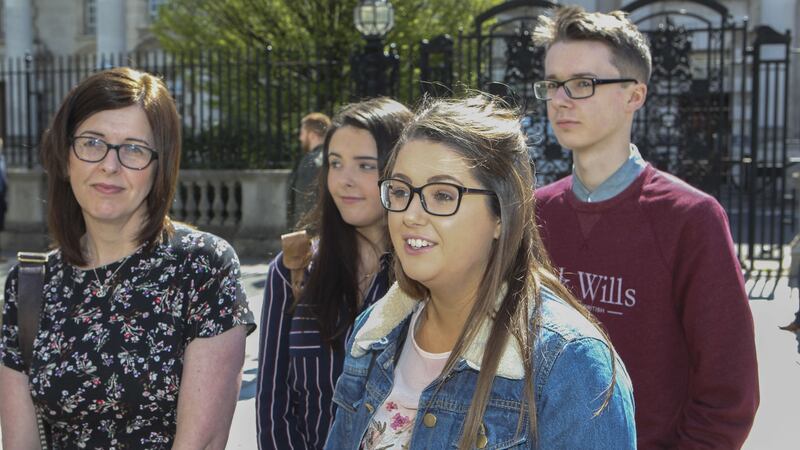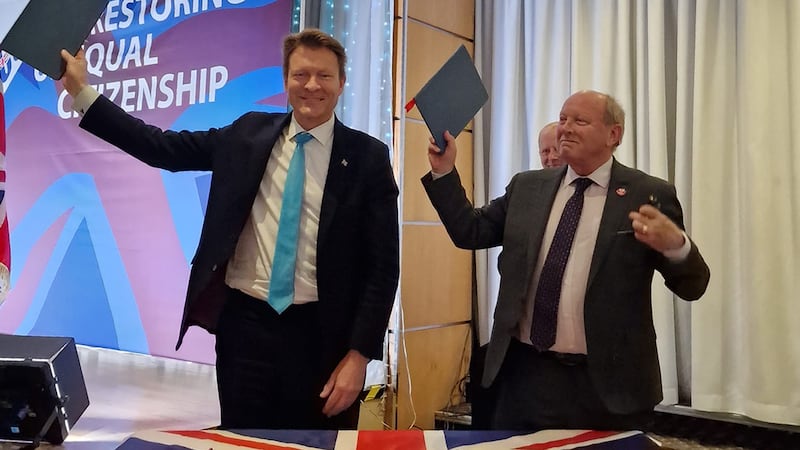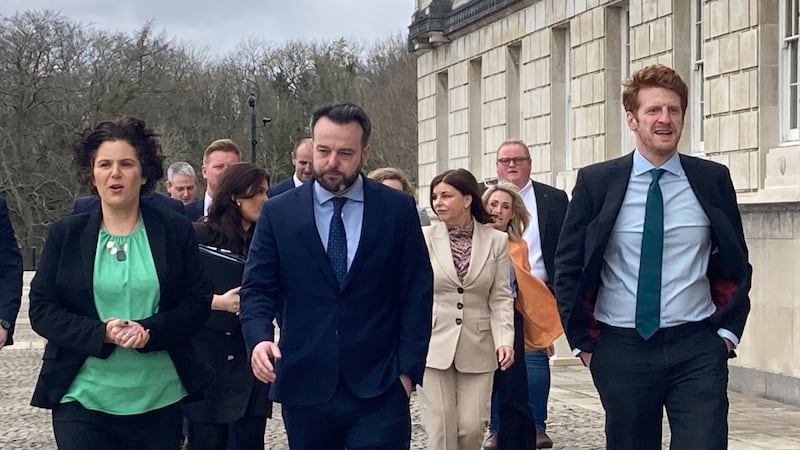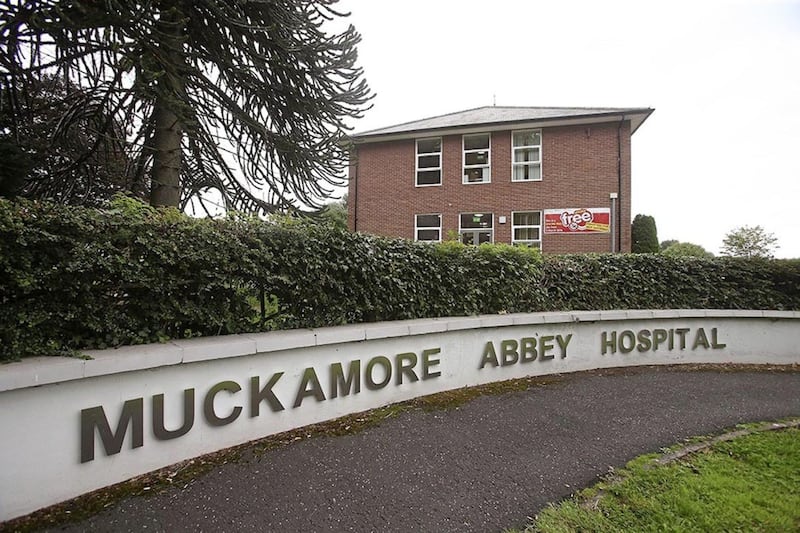In times of trouble, it’s soothing to read a good story. One of my favourite websites is duchas.ie, where you can view thousands of wonderful Irish folk tales from the National Folklore Collection’s ‘schools’ collection’.
Between 1937 and 1939, thousands of pupils from schools across what was then the Irish Free State compiled folklore from their own districts. The children got the tales and proverbs from their parents, grandparents and neighbours. Beautifully written in exercise books, the stories cover everything from holy wells and churning butter to advice on how to cure headaches and games played at wakes.
There are thousands of stories about leprechauns, ghosts and ‘lonesome places’ but for me some of the best tales are about widows. The stories treat a ‘widow’s curse’ as a hugely powerful thing, leading to dire consequences including giving an enemy’s child the head of a pig, causing a corpse to sprout feathers or even causing an untimely death.
It wasn’t so long ago that widows were treated with huge suspicion in Ireland. The death of a husband often meant poverty and a huge fall in a woman’s social standing. And that suspicion is certainly reflected in the tales which depict widows as outcasts to be feared. The only way to avoid a widow’s curse, the stories tell us, is to help one in need.
With the stories in mind, I couldn’t help but cheer last week when someone who deserves to be regarded as a real-life widow won a landmark legal battle.
Siobhan McLaughlin, from Armoy, Co Antrim, won a case at the Supreme Court, sitting in Belfast for the first time, which could have huge implications for families across the north and Britain.
Ms McLaughlin (46), who works as a classroom assistant and a cleaner, was with her partner John Adams for 23 years until his death in 2014. The couple had four children together and, as Ms McLaughlin said previously, they were a “family unit”.
The only reason the couple chose not to marry was because Mr Adams was a widower when they met and had promised his late wife that he would not remarry.
"We didn't see an issue, the commitment was the same,” Ms McLaughlin said.
Yet because the couple were not married or in a civil partnership, Ms McLaughlin was not eligible for bereavement benefits after her partner died.
Losing out on benefits meant losing out on thousands of pounds, it meant that she could not take her children on day-trips or give them little treats which might have temporarily eased their grief. To her, it also meant that her children were seen as less than others.
Now, thanks to her successful legal challenge, the Supreme Court has found that the rules around who can be in receipt of bereavement benefits are incompatible with human rights law. Ms McLaughlin said she hoped the case would also show children born to unmarried couples “that they are just as worthy as children born into wedlock”.
We have a terrible record in this country towards children and families which fall outside strict social norms. As protesters highlighted during Pope Francis’s visit last week, more than 700 babies were dumped in the septic tank of the Bon Secours Mother and Baby home in Tuam, Co Galway, over several decades. Those children’s lives and deaths were seen as inferior because, through no fault of their own, they weren’t born into what was deemed to be the correct set of circumstances.
Christian churches will always, quite rightly, lobby for the importance of marriage. There will always be couples who want to make a religious and legal commitment to each other, as is their right. But in a secular society, it’s not the job of the state to tell individuals how to arrange their families. Ms McLaughlin and her late partner made a clear decision which was right for them.
The Supreme Court decision could now potentially have an effect on other families. An estimated 1.2 million co-habiting couples in the north and Britain have children. If a parent dies, it seems only right that bereavement benefit is paid to help the children. No one will get rich from such a benefit but it can ease the surviving parent’s financial stress.
When Siobhan McLaughlin won her case last week, the joy and relief on her face was clear. Let’s hope her courage will open a wider debate on how the law treats families bound solely by love and care and not a legal commitment.








